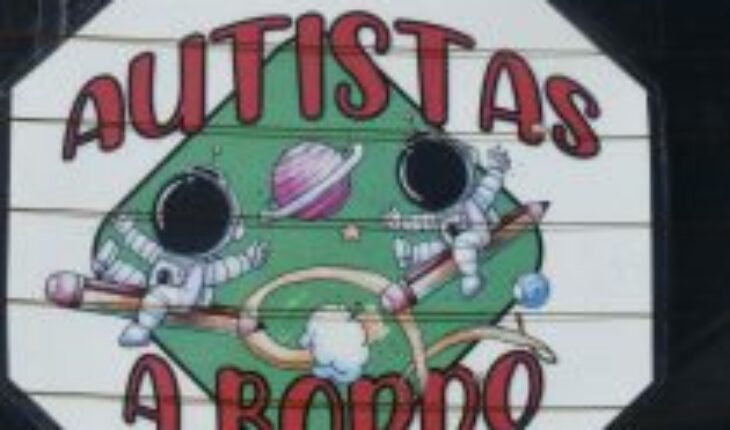Unfortunately, it is common to see that press editors privilege headlines that generate conflicts or controversies over really important news. A large part of the press has abused this a lot in the Convention without giving genuine space to many initiatives that have already been approved by the plenary and that will allow us to see the Chile of the future with different eyes. One of them is the approval of the article that recognizes the rights of neurodivergents.
Neurodiversity refers to people whose brains function differently and process information differently than most, such as autism, dyslexia, dyspraxia, mood disorders, schizophrenia, hyperactivity, bipolarity, endogenous depression, developmental coordination disorder, among others. What is intended with this norm is to avoid the social assimilation of a clinical diagnosis that we commonly simplify as a disease, to accommodate and welcome different people that normal human variation gives us. For a healthy society they are not diseases, but diversity.
If such people are not lucky enough to be born into a family with resources and with the sentimental openness to welcome them and help them open space in society, they are often condemned to forced hospitalizations, mortality associated with treatments, stay in psychiatric beds, forced sterilizations, sexual violence or simply oblivion. The thing is, they are still people.
The constitutional recognition of their rights will force the creation of legal bodies that protect them and do not discriminate against them, enabling a series of measures that guarantee their inclusion in dimensions such as education, mental health appropriate to a diverse mind, housing and work that grant them an effective participation within society. Without a legal framework that guarantees it, today’s situation occurs in which such initiatives respond more to gifts from the State as if they were doing a favor, or to the goodness of some company or to the solitary invisible pressure of fathers and mothers who seek the well-being of their healthy but different sons and daughters.
Perfectly such people can achieve their self-determination and autonomy if as a society we open the spaces for this to occur. Without going any further, there are a number of jobs that could be adapted to their abilities to serve and that feel useful within society. In terms of intelligence and security, for example, focusing on their ability to find links and criminal patterns that demand a mental order more typical of a neurodivergent; or creating software that translates their voice into text or helps them write; or the obligation to create quieter and quieter work environments or conditioned to a certain luminosity, in short, there is a multiplicity of areas that with legal support can be developed in accounting, design, librarianship, art, to name a few.
The problem is that this right approved by the convention is of interest only to those who affect them since we have become accustomed to the unbridled individualism that has mutated our ability to understand such discrimination as a collective matter of responsibility and social inclusion. It is in these rights and so many others that our country must advance to make real the equality of opportunities that was worthily claimed in the streets and that some insist on rejecting. A sample: this right in favor of the neo-romantics was approved by more than two-thirds of the plenary of the convention, but there were 8 conventional ones that rejected it … who? Just one clue: those who have always sat on the right glued to the wall.
For those who have not read the article, I give you your reading, which is dedicated especially to those fathers and mothers who, in the solitude of their generous hearts, fight tirelessly for the diversity of their sons and daughters:
“The State recognizes neurodiversity and guarantees neurodivergent persons their right to an autonomous life, to freely develop their personality and identity, to exercise their legal capacity and the rights, individual and collective, recognized in this Constitution and the international human rights treaties and instruments ratified by Chile and that are in force.”
The content expressed in this opinion column is the sole responsibility of its author, and does not necessarily reflect the editorial line or position of El Mostrador.





